AI in Education (EdTech)
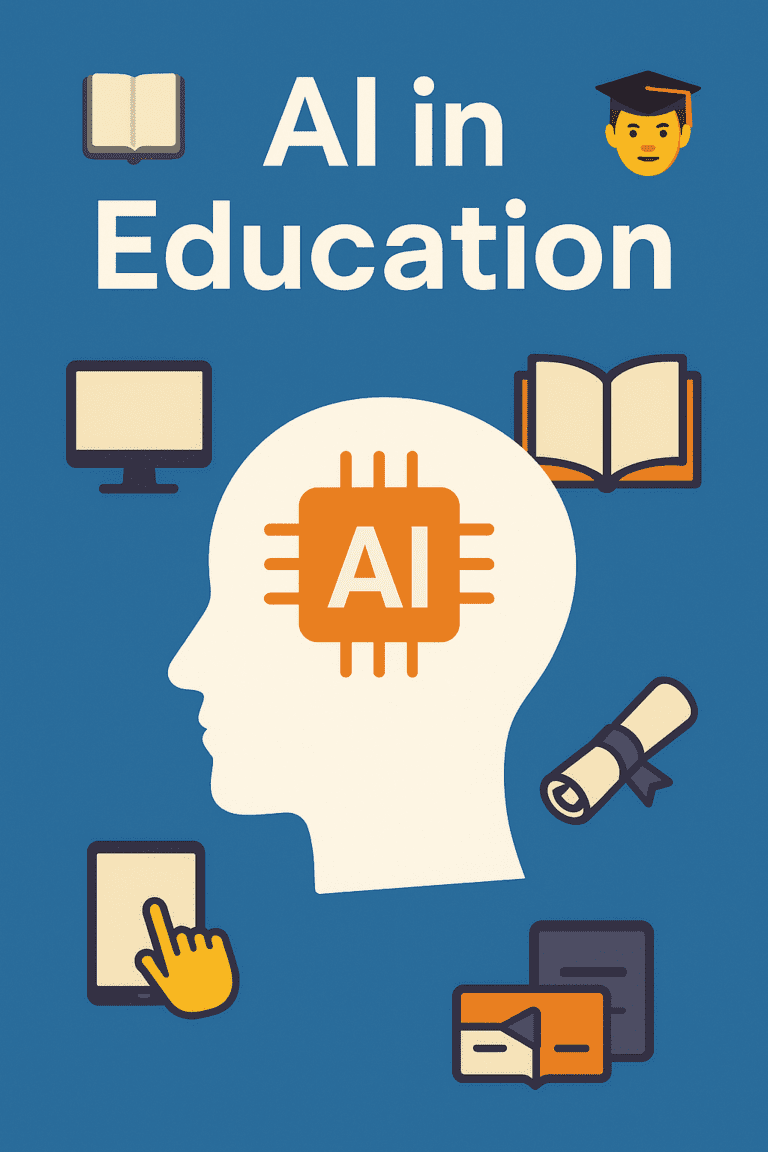
AI in Education (EdTech): Transforming Learning with Artificial Intelligence
Revolutionizing Education with AI in EdTech
Artificial Intelligence (AI) in education is rapidly reshaping how students learn, educators teach, and institutions operate. AI in EdTech leverages cutting-edge technologies to create personalized, adaptive, and engaging learning experiences that improve student outcomes and streamline administrative tasks.
What is AI in Education?
AI in education refers to the use of machine learning algorithms, natural language processing, and data analytics to enhance the teaching and learning process. From intelligent tutoring systems to automated grading and personalized lesson plans, AI-powered EdTech tools are transforming classrooms worldwide.
Key Benefits of AI in EdTech
Personalized Learning: AI adapts content and pacing to fit each student’s unique learning style and needs.
Intelligent Tutoring Systems: Provide real-time feedback and guidance without human intervention.
Automated Assessment: AI grades assignments and tests quickly and accurately, freeing educators for more meaningful interactions.
Data-Driven Insights: Analytics help identify learning gaps and predict student performance to intervene proactively.
Enhanced Accessibility: AI-powered tools support learners with disabilities through speech recognition, text-to-speech, and language translation.
AI Applications in Education
Virtual Learning Assistants: Chatbots and voice assistants help students with queries anytime, anywhere.
Adaptive Learning Platforms: Systems that adjust difficulty levels based on student progress.
Content Creation: AI generates quizzes, summaries, and study guides tailored to course material.
Plagiarism Detection: Ensures academic integrity by scanning submissions for originality.
Predictive Analytics: Helps institutions optimize enrollment, retention, and graduation rates.
Why AI in EdTech is the Future of Learning
With growing demand for remote and hybrid learning models, AI in EdTech offers scalable solutions that make quality education more accessible and effective. It empowers educators to focus on creativity and mentorship while automating repetitive tasks.
Challenges and Considerations
While AI in education holds tremendous promise, challenges such as data privacy, algorithmic bias, and equitable access must be addressed to ensure ethical and inclusive deployment of AI-powered EdTech tools.
Get Started with AI in Education Today
Explore how AI in education can elevate your learning ecosystem — whether you’re an educator, administrator, or EdTech developer. Embrace the AI-driven future of education to foster innovation and lifelong learning.
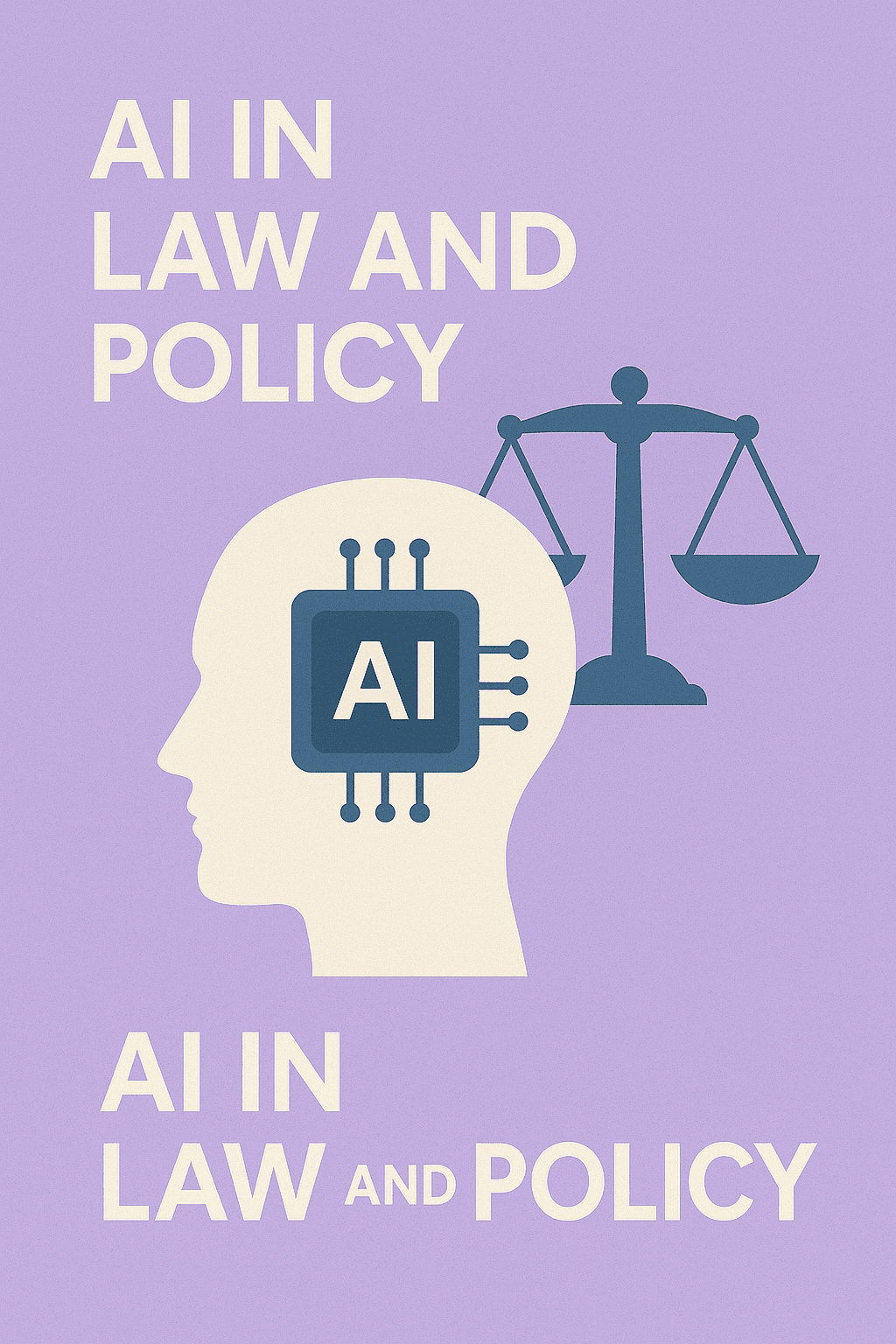
👨⚖️ AI in Law & Policy ⚖️
Focuses on the creation of legal frameworks and governance models for AI deployment. It shapes regulation, accountability, and intellectual property in automated systems.
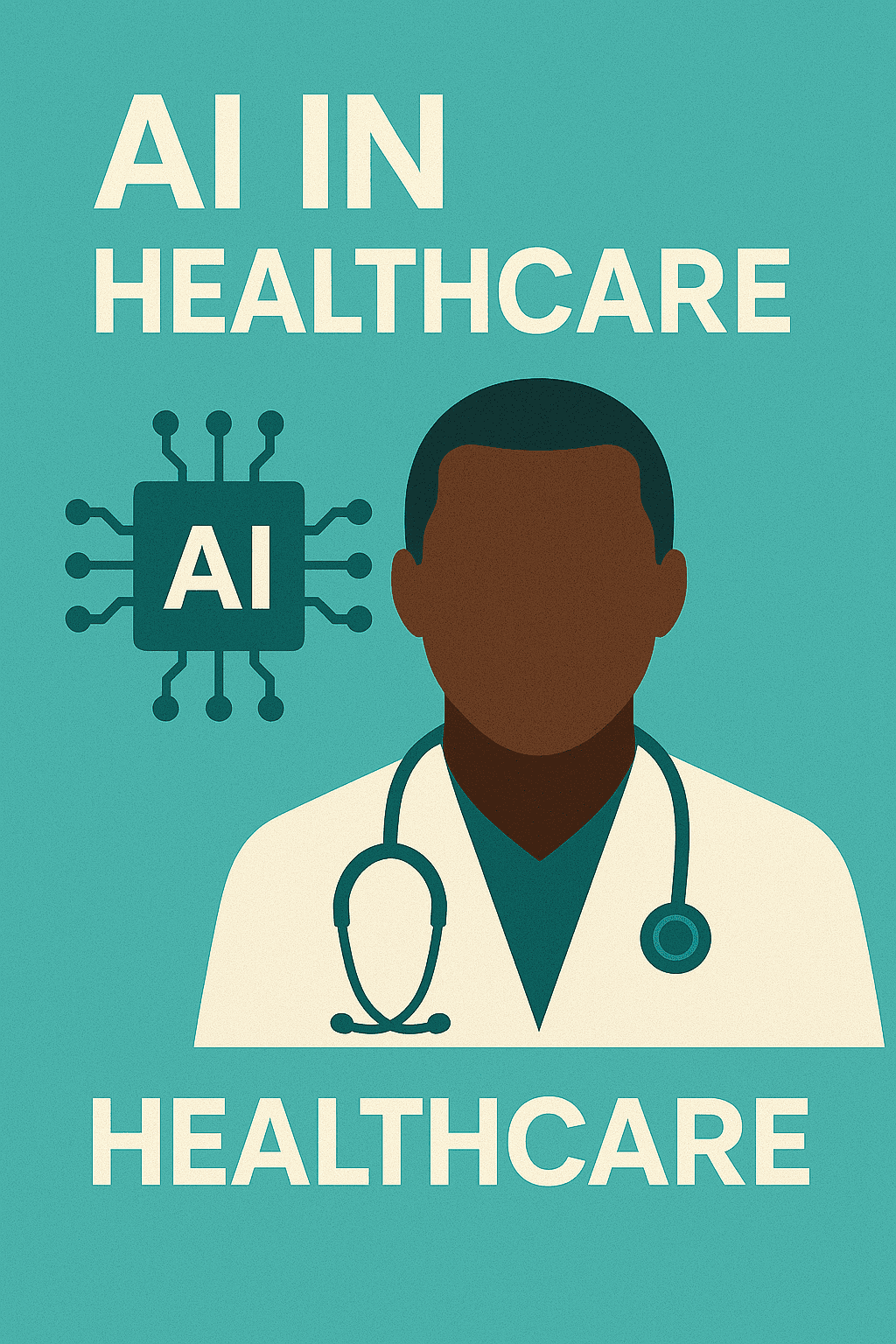
🏥 AI in Healthcare 👨🏿⚕️
Revolutionizes diagnostics, personalized medicine, and treatment planning using intelligent systems. It enables faster decision-making and improved patient outcomes.
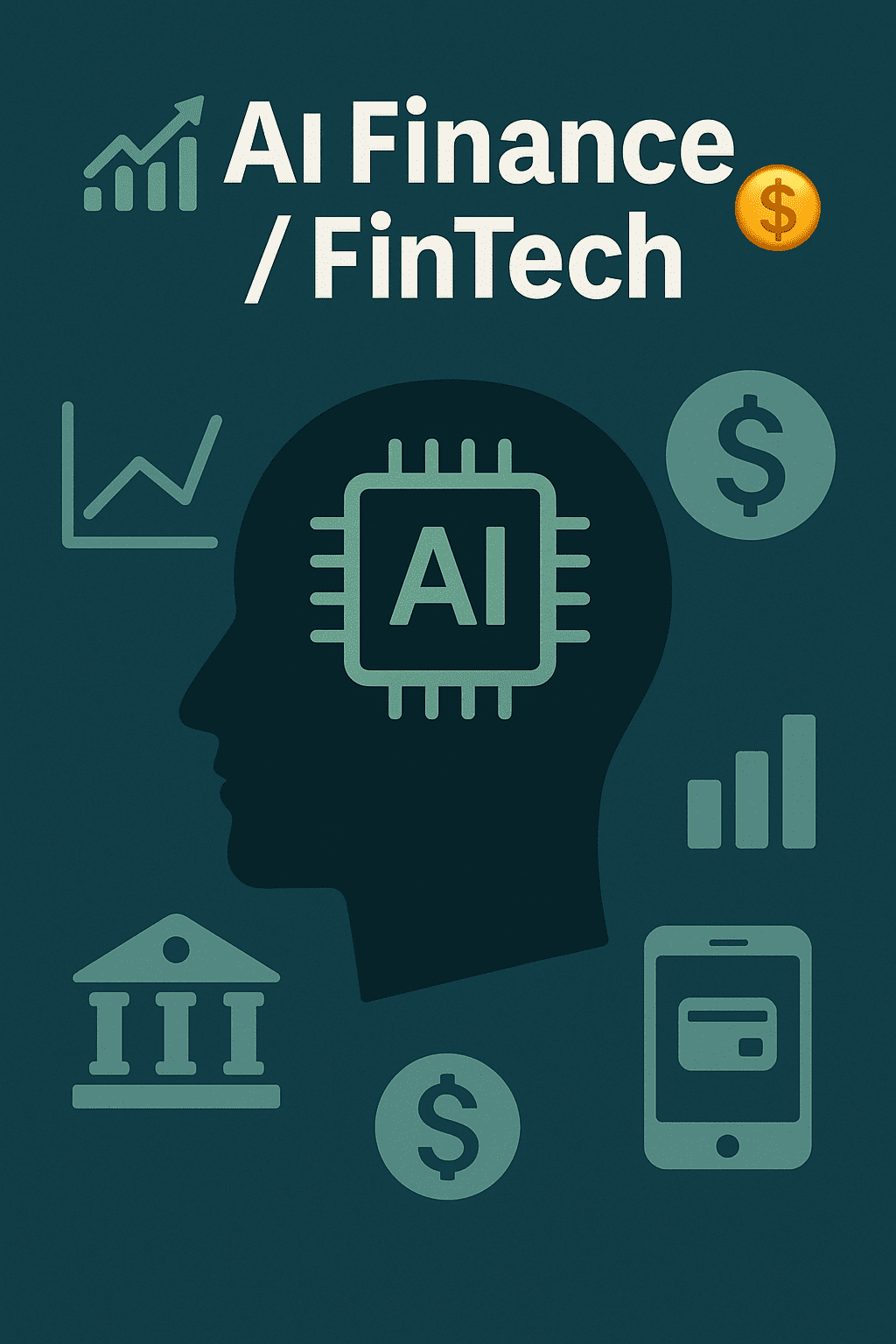
📈💰AI in Finance / FinTech📊
Drives fraud detection, algorithmic trading, credit scoring, and customer service automation. It optimizes decision-making and operational efficiency.
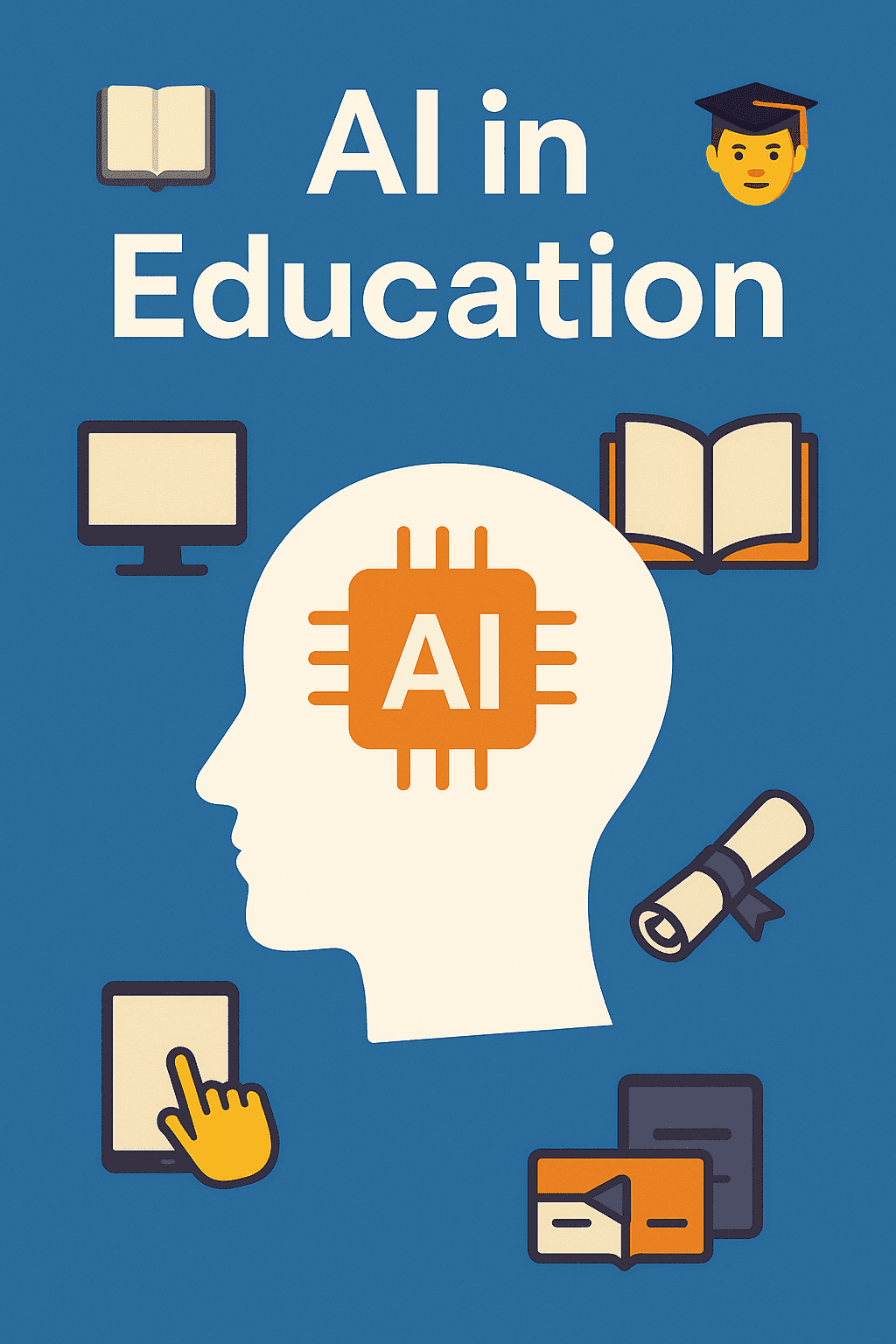
📚 AI in Education (EdTech) 👨🏻🎓
Enhances personalized learning, intelligent tutoring, and performance analytics. AI transforms classrooms into adaptive, inclusive spaces.
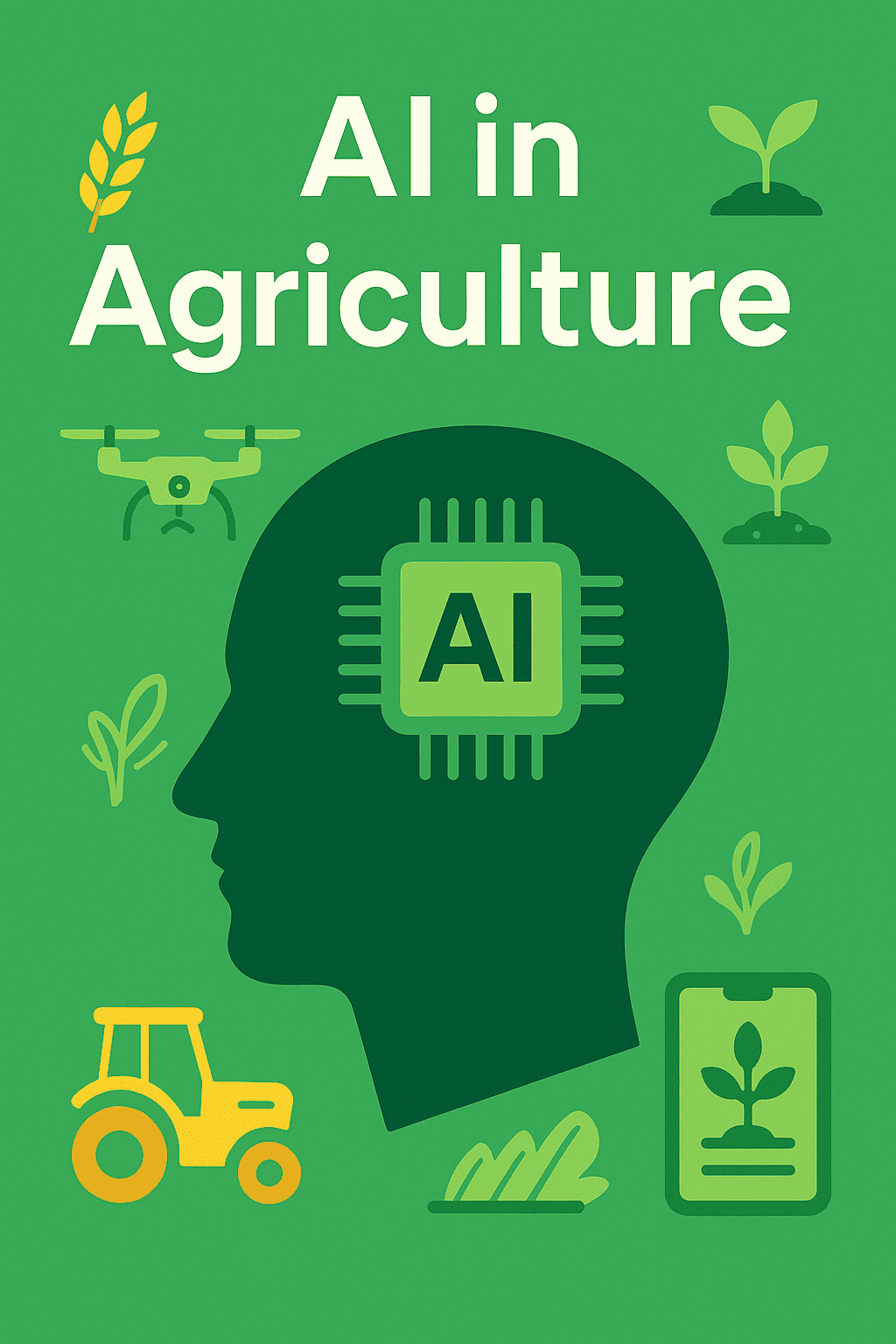
🌾 AI in Agriculture 🌱
Applies AI in crop monitoring, yield prediction, and smart irrigation, boosting productivity while ensuring sustainable practices.
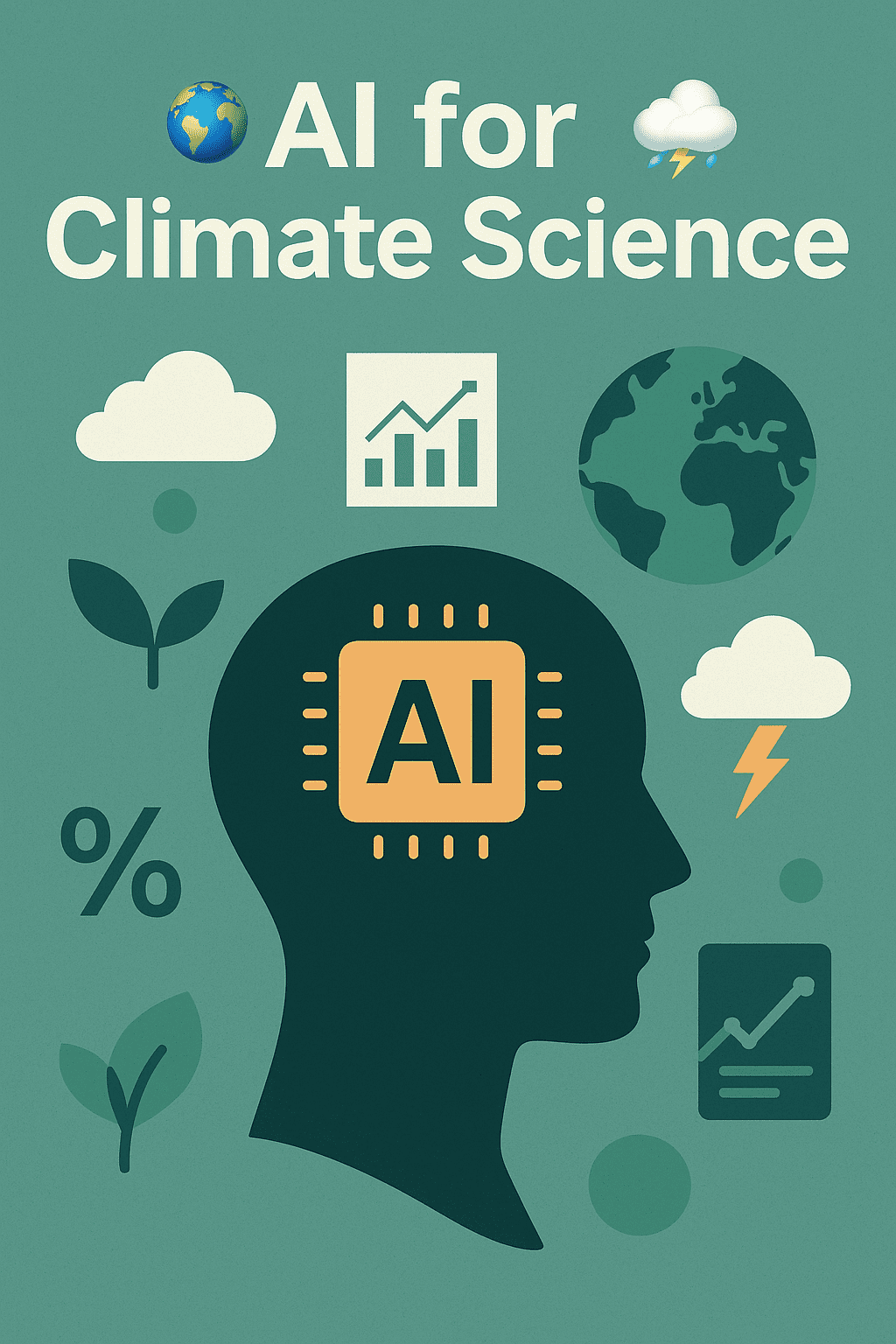
🌍 AI for Climate Science ⛈️
Aids in modeling climate patterns, predicting disasters, and optimizing renewable energy systems to combat climate change.
